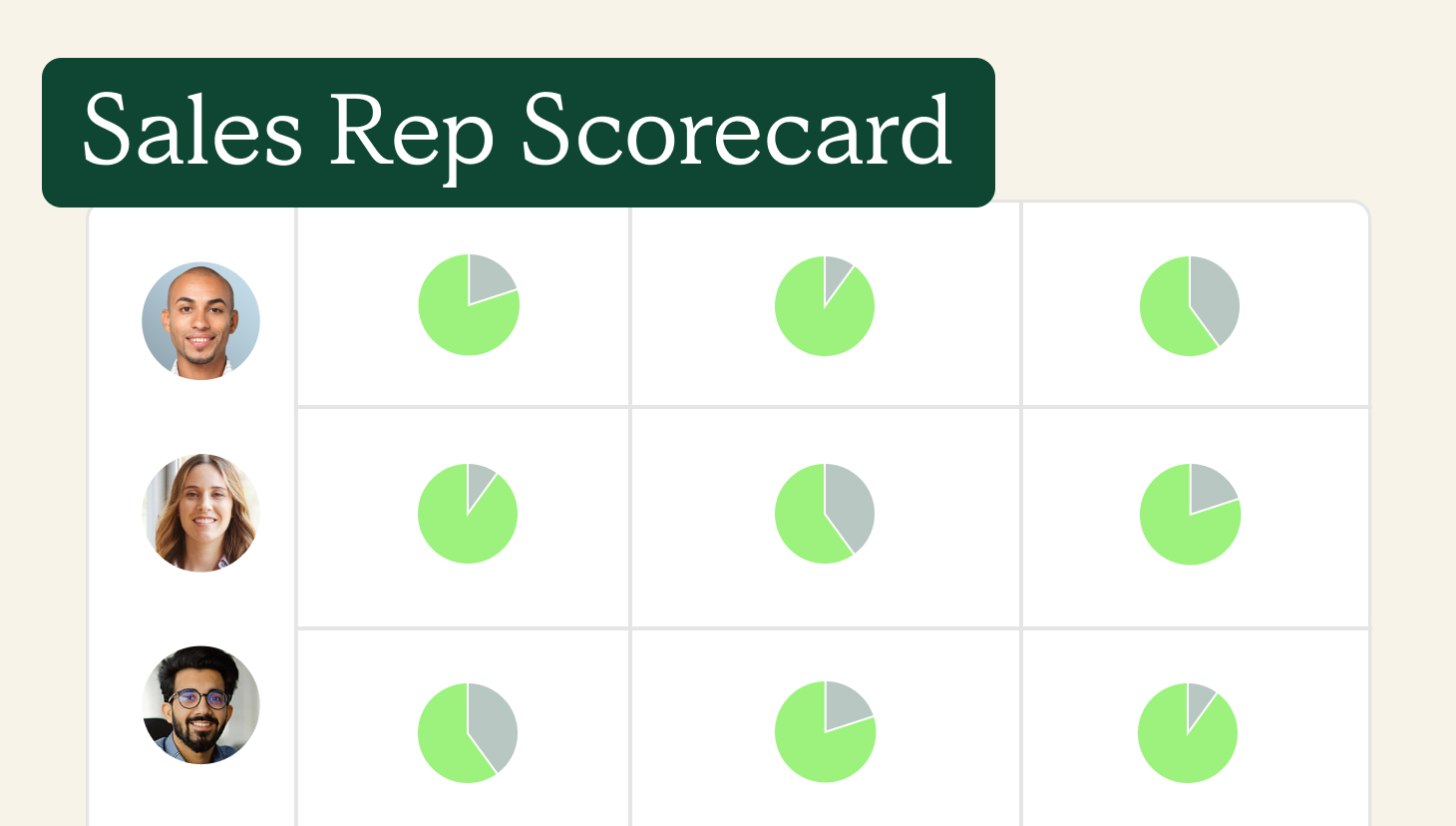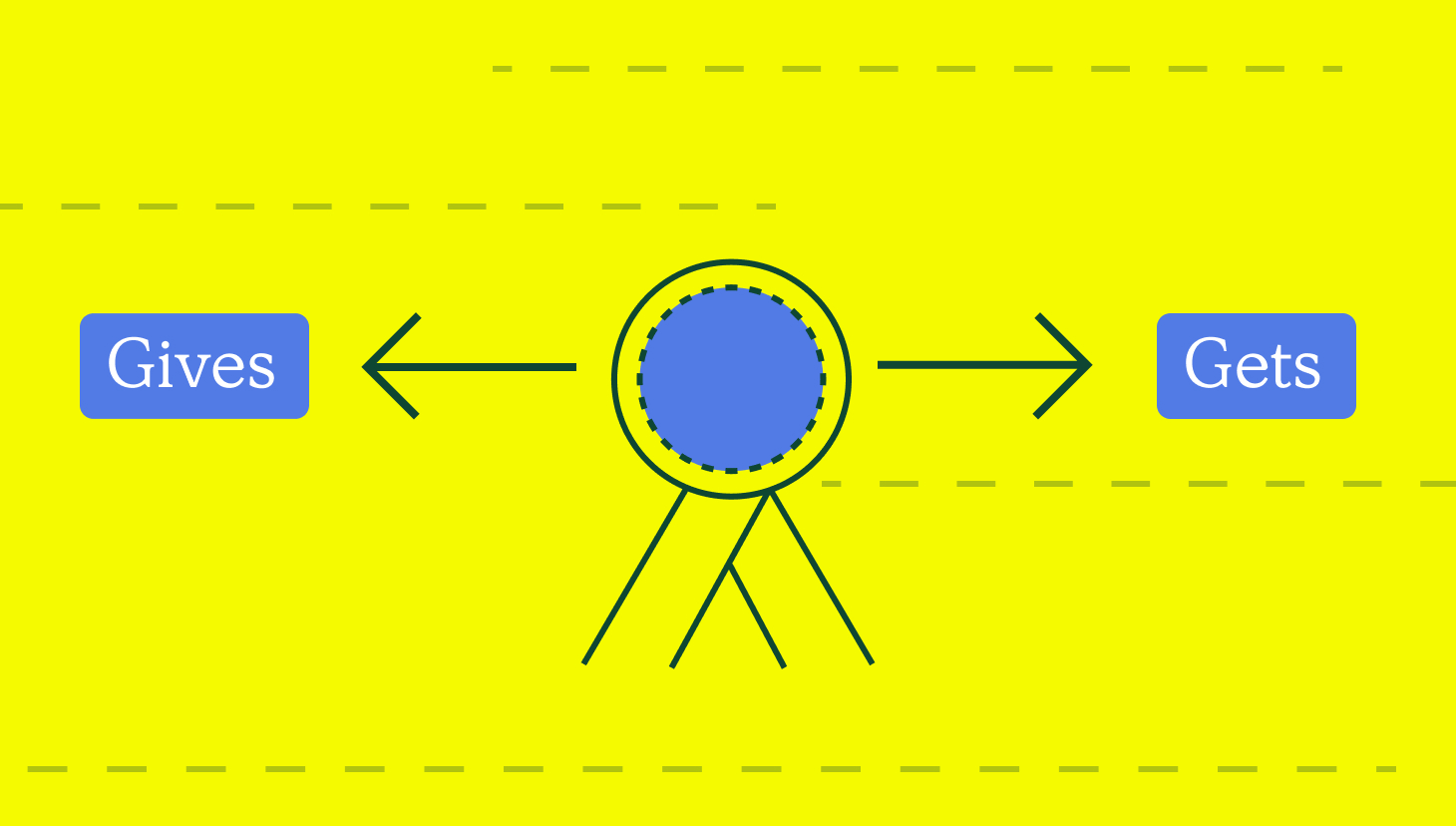Performance-based pay is one of the strongest ways to motivate your team. But if your salespeople aren’t totally clear on what variable pay means, this tool could lose its power.
To help get the most out of your employees, you need to create a compensation package that inspires action. Step one: Use variable pay to energize your team. Step two: Make sure they know what variable pay actually means and why they should be enthusiastic about it.
What is variable pay?
The term variable pay refers to compensation tied to, and dependent upon, your performance. The more you sell, the more you make. But that can be confusing for people not used to paychecks that fluctuate from week to week.
Variable may include:
- Commission
- Project bonuses (individual and/or group)
- Time-period bonuses (based on time-related goals, like sales per quarter)
- Holiday bonuses
- Profit-sharing initiatives
With all those factors in play, the water can become muddied quickly.
Here’s why it’s important to educate yourself and your employees about variable pay and all it entails.
It’s a major part of how to compensate salespeople
On average, commissions — aka variable pay — make up about 50 percent of each salesperson’s pay. Some jobs may offer a base salary as well as incentive pay. Those two numbers together form the pay mix. In some cases, that base pay may be fairly hefty. This is especially true of experienced salespeople and those in high-demand markets like SaaS. But entry-level salespeople may only get a few hundred dollars a week. To make a livable wage, those employees still need to achieve their goals and make commissions.
Standard commission rate rules emphasize a 50/50 split between base salary commission. That means your sales team could potentially double their income by meeting their quotas. By understanding the relationship between base salary and commission, and when a sliding scale may be appropriate, you empower yourself and your team.
It can increase performance
Variable pay can help you get better results from your team. But it’s a tool. Like any tool, it’s only as effective as the person using it. There is a right way and a wrong way to incentivize salespeople. Experts like to use the example of the carrot versus the stick. If you incentivize using the carrot, you’re encouraging positive performance based on the possibility of a reward. Think of a rabbit running toward a carrot. Win the race, get a snack.
Sales managers who use the stick try to motivate their team using threats. “You’ll be fired.” “You’ll lose your bonus.” That may work in the short term, but the long-term lacks effectiveness. Studies show that negative feedback rarely leads to improvement.
Let variable pay be your carrot. If you choose to use commission-based compensation, it’s important to give employees the opportunity and information they need to succeed. Finally, periodically review employee performance and provide consistent feedback. This is where writing down an employee performance review comes in handy.
- Clearly state expectations and the specific targets each team member needs to hit. This should be an objective, quantifiable goal.
- Let those team members know exactly what they’ll get if they meet those goals. Again, this should be quantifiable. Think “$100 per sign up” instead of “a monthly bonus.”
- Give employees opportunities to sell. For an incentive to work, both the goal and the reward need to be realistic and achievable.
Variable pay isn’t just for salespeople
We’ve talked a lot about how variable pay pertains to salespeople. That’s because incentive-based compensation is so prevalent in sales. But it can also incentivize your executive team, marketing department, and partners. You can create goals based on almost anything, including:
- The entire company’s performance
- Number of sales-qualified leads (SQL)
- Number of partner deals
This type of “gamification” can fuel growth throughout your organization. The same excitement that drives sales can help other departments achieve their goals and raise your company as a whole.
Variable pay is complicated
You’ve probably caught onto this already, but variable pay is rarely cut and dry. Even the simplest plans can be difficult to understand. Say you decide to give your salespeople 10 percent commission on every deal they close. Seems easy enough, right? But here come the hurdles:
- Which deals count?
- When are commissions paid out?
- If multiple salespeople work on a deal, how is the commission split up?
- What happens when a deal goes south, or a customer quits/requests a refund? You need a set way to handle these “clawbacks.”
These scenarios should all be addressed during the compensation plan design period and evaluated over time.
Call it incentive compensation, bonuses, or variable pay — it’s all a way to motivate employees to meet individual and organizational goals. Master how to use variable pay, and you may see an increase in conversions, improved employee morale, and happier clients, too.
Need help tracking your commissions? QuotaPath takes the guesswork out of commission tracking with software that calculates incentive pay quickly and accurately. To see the platform in action, chat with a teammate today.



